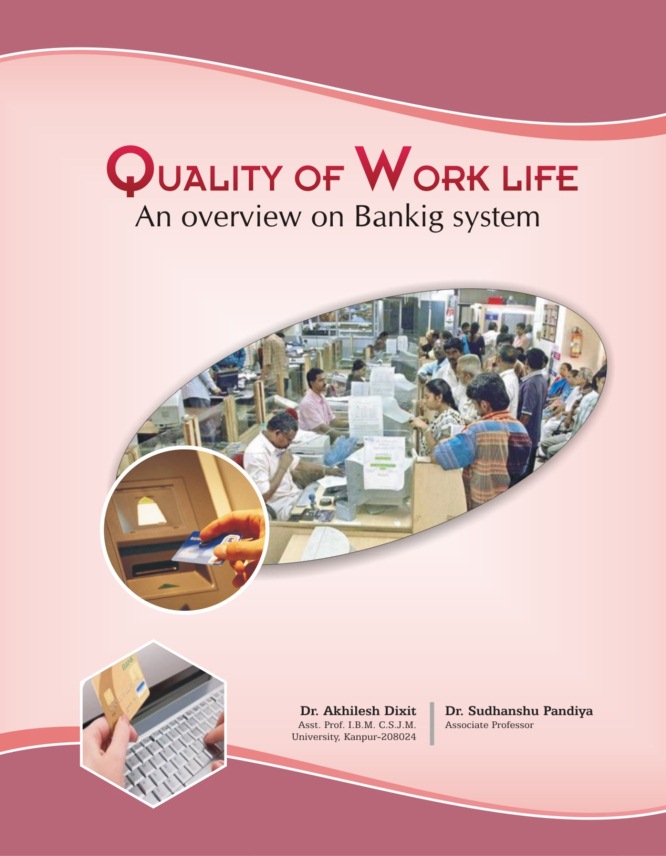This book is an outcome of banking activities regarding analyzing the implications that new forms of work organization have for the different aspects of conditions of employment such as hours of work, the intensification of workand health at the workplace, pay systems, security of employment, work andfamily, and social dialogue. The organization of work has great implications forthe quality of work life, and this is clearly demonstrated by the on-going studyon changes in work organization in the direction of greater flexibility and theirpotential and actual effects on employees. While it is widely assumed thatflexible forms of work organization can have desirable influences on both, the banks and its employees, these outcomes are often not realized in practice. Evenwhen a new form of work organization results in positive outcomes, overall, Thegain is not always shared by all the participants involved : in many cases, someworkers benefit from the change but others do not. Thus, changes in workorganization i.e. implementing quality of work life programmes should be approached from the perspective of employees as well as employers, in order toallow their social implications to be fully explored.
In service industry like banks, the intangible assets, especially the human resources, contribute significantly to the building of shareholder value. The critical success factor for any knowledge based company is its highly skilled andintellectual workforce since no organization can achieve anything without its people. The transformed banking sector would expect the banks to be morecreative, innovative and proactive if they are to sustain themselves and theirsuccess. They and their employees will need to manage rapid and complexchanges. With the growing importance of knowledge economy around the globe,the importance of learning for both the organization and the individual hasbecome crucial for survival. The challenge before the managers is to be able toharness employees initiative and commitment through appropriate support anddirection. Banks wishing to retain their knowledge workers will need to addressthe issues of balance, flexibility, learning, careers growth, participation andhealth as well as management development. They will also need to find ways oturning knowledge gained to competitive advantages through the development ohuman capital by providing balance between work and life.
Banks need to look beyond their current HR practices and achieve a fundamental shift in their people management policies. HR strategies must be more imaginative innovative, While at the same time, flexible to adjust rapidly change. All respect of human resource be it through quality of work life need to be in constant organizational focus so that the organizational commitment, flexibility in work hours, participation in decision-making, industrial democracy, good working environment, career advancement, job enrichment, job enlargement, socio-technical system, empowerment, etc are all planned in as synchronized manner towards an overall work improvement and work humanization. This would be possible only if employees are explicitly recognized as assets and the investments on development of human capital are viewed as critical.











Be the first to review “Quality of Work Life – An Overview on Banking System”
You must be logged in to post a review.